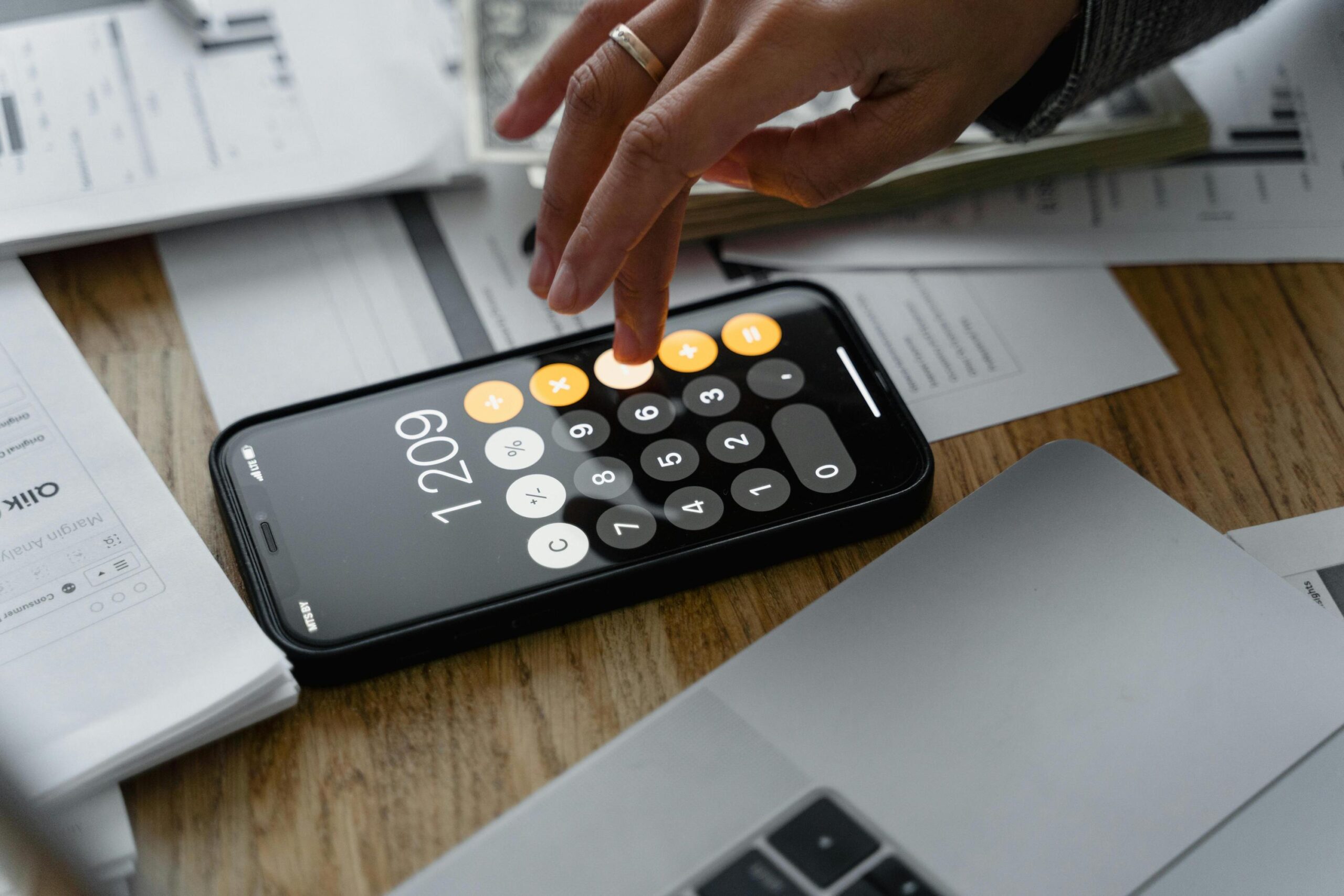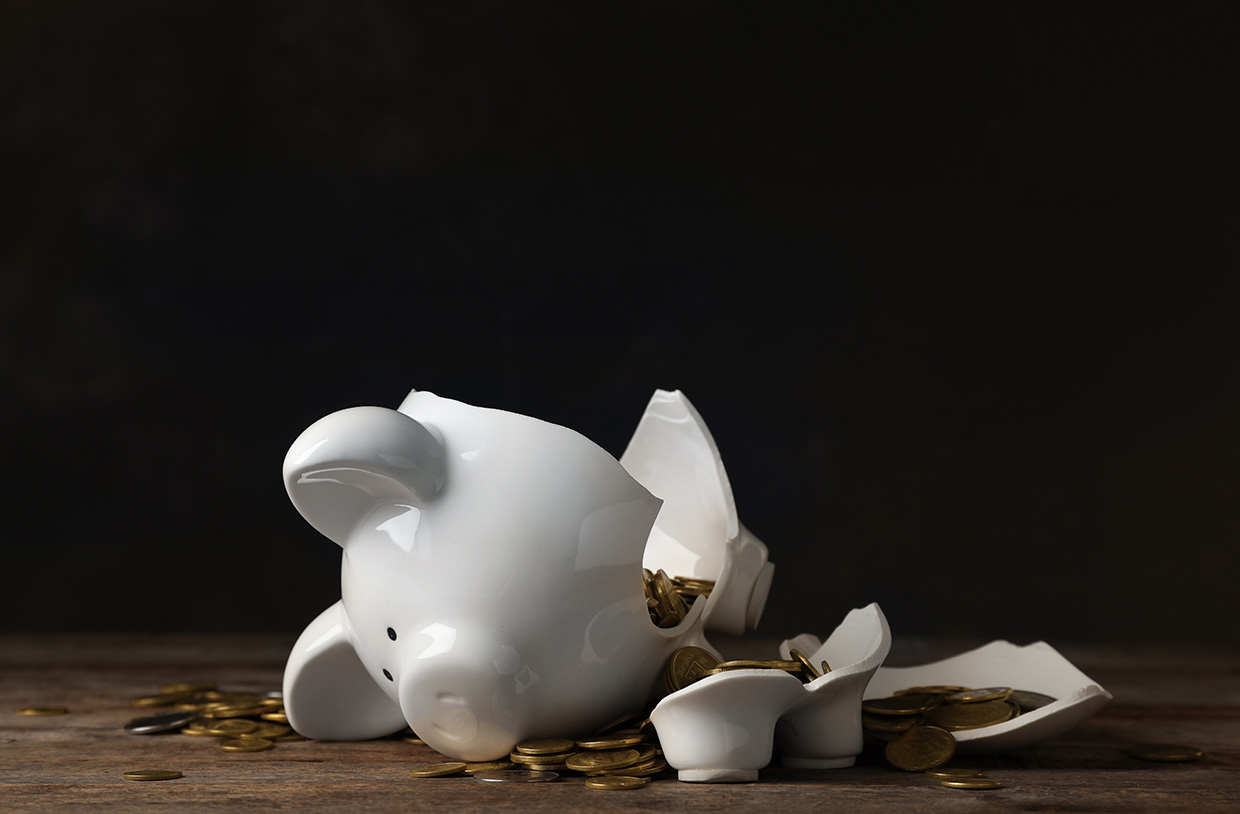Maintaining a healthy credit score is crucial for achieving financial stability and accessing various opportunities in life, such as obtaining loans, securing favorable interest rates, and even finding decent housing.
Meet Gina
Gina, a dedicated single mother, found herself trapped in a challenging situation. Her biggest goal was to find a neighborhood with better schools for her kids. She had a good job but kept getting turned down when applying for housing.
Over time, little things had cropped up that required additional funds (life happens). She had to rely on credit cards to cover the unexpected expenses. She was stuck living in a bad neighborhood because her credit score did not allow her to qualify for some of the more selective apartment complexes.
It didn’t take long until Gina was juggling a financial tightrope, allocating over $1,000 to pay off her credit cards and various other bills. Yet, despite her relentless efforts, she was in a never-ending cycle of debt and struggling to make any meaningful progress.
Taking Action
Gina called me for a free consultation. Her first question to me was how bankruptcy was going to impact her credit. She was also concerned about how she would afford the legal cost. I explained to her that the problem her future landlords were having was not with her credit score, as much as with her debt-to-income ratio. That meant that Gina was carrying more debt than her income was able to afford, and therefore had very little money left over for rent.
I also explained that for the cost of what she would pay in just a couple of months to her creditors, she could afford to file a Chapter 7 bankruptcy, and rid herself of all her debt once and for all. Additionally, and maybe more importantly, because her debt-to-income ratio would drastically improve by eliminating her debt, she would then qualify for an apartment.
Life After Bankruptcy
Fast forward to just 40 days after Gina’s bankruptcy case was done. She called asking for a copy of her paperwork to give to a prospective landlord, and later called me back to tell me that she had been approved! Not only did she get approved for the apartment, but her credit score actually went UP after her case was over.
I was thrilled to hear Gina was finally able to get her kids into a better neighborhood (and school)! She continued to improve her credit score and even managed to start saving for those unexpected expenses.
When you file for Chapter 7 bankruptcy, your debts undergo a significant transformation. Instead of being personally responsible for repaying your unsecured debts, they are discharged, meaning you are no longer obligated to pay them. This discharge has a direct impact on your debt-to-income ratio, a crucial factor in calculating your creditworthiness.
Summary
Chapter 7 bankruptcy can be a powerful tool for improving your credit by lowering your debt ratio. While it does come with initial credit score consequences, the long-term benefits of discharging unmanageable debt can help you regain financial stability and build a stronger credit profile. By taking proactive steps to manage your finances responsibly and making smart credit choices, you can pave the way to a brighter financial future after Chapter 7 bankruptcy.
Note: Gina is not my client’s real name, and identifying features have been omitted from her story to protect her privacy.
Are you facing financial troubles? Call me at The Law Offices of Adam M. Freiman. I can help you deal with the legal aspects involved so you can get a fresh financial start. To schedule a free consultation, call (410) 486-3500 or fill out the online form.





